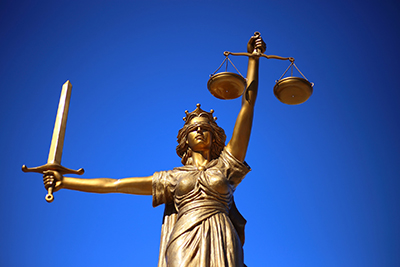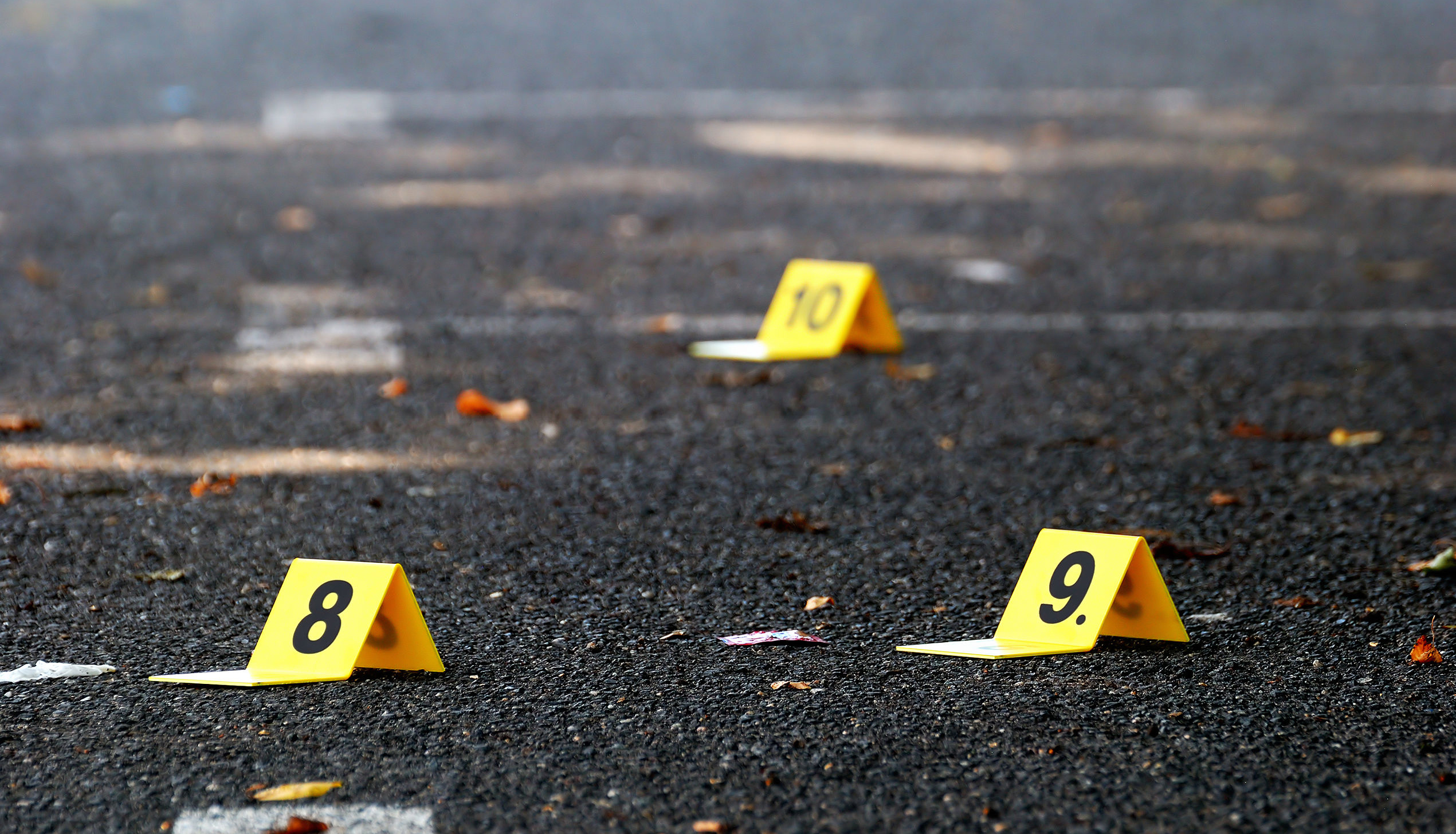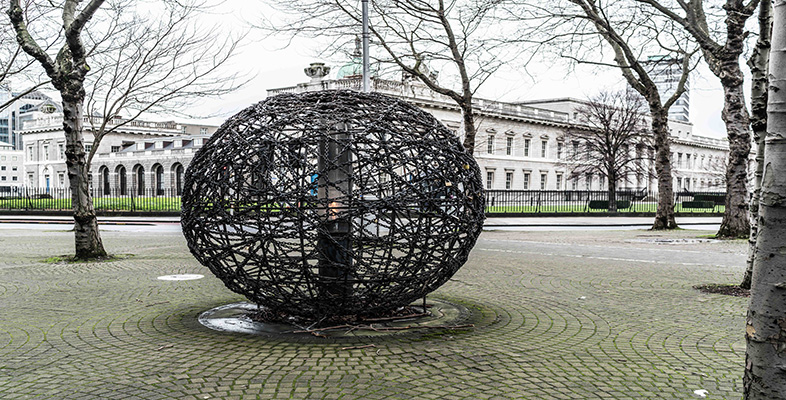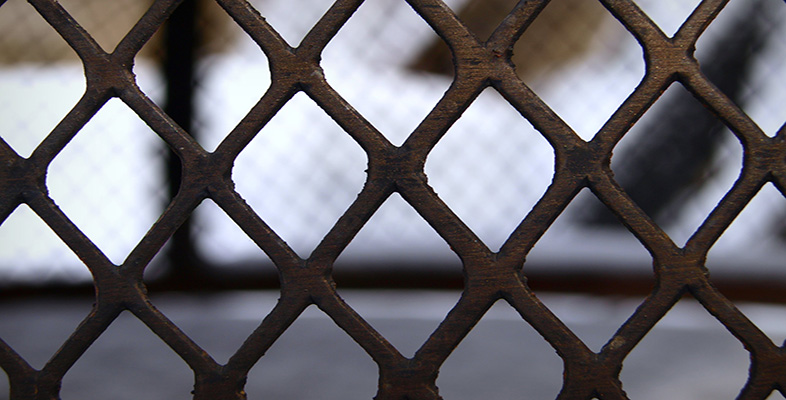Can People Be Trialed Again With New Evidence
 The rule against double jeopardy is an important part of the criminal law of England and Wales, although exceptions to the dominion were created in 2003. It means that a person cannot exist tried twice for the same crime. Once they have been acquitted (found not guilty), they cannot exist prosecuted over again fifty-fifty if new bear witness emerges or they afterwards confess. Thus when William Dunlop confessed to a prison house officer in 1999 that he had killed 22-year-sometime Julie Hogg ten years earlier, he could only be charged with perjury because he had already been acquitted of her murder.
The rule against double jeopardy is an important part of the criminal law of England and Wales, although exceptions to the dominion were created in 2003. It means that a person cannot exist tried twice for the same crime. Once they have been acquitted (found not guilty), they cannot exist prosecuted over again fifty-fifty if new bear witness emerges or they afterwards confess. Thus when William Dunlop confessed to a prison house officer in 1999 that he had killed 22-year-sometime Julie Hogg ten years earlier, he could only be charged with perjury because he had already been acquitted of her murder.
The double jeopardy rule is an important protection for individuals against the corruption of country power. It stops police and prosecutors from repeatedly investigating and prosecuting the same individual for the same crime without very good reason. The rule encourages them to prepare the case properly on the first occasion, and to accept the court'due south verdict. Equally, when a person is found not guilty in court, they know that the example is really over. Being the subject field of a criminal accusation can be a difficult and pitiful experience, with significant consequences for the accused – who may be innocent.
English law has had the double jeopardy rule for over 800 years, but it was partially abolished in England, Wales and Northern Ireland by the Criminal Justice Deed 2003 (Scotland would follow in 2011). In certain, very limited circumstances a person who was acquitted of a criminal offence can now exist investigated and put on trial again. But why was this change made?
One of the central reasons is the development of Deoxyribonucleic acid bear witness. The ability to friction match traces at a offense scene to a specific individual has had a huge impact upon criminal cases. Some people who were convicted of crimes afterward had their innocence established by DNA bear witness. Other people had been acquitted earlier Dna evidence, which might prove their guilt, became bachelor. If there was compelling new prove that they had committed a law-breaking, was information technology right that they could not be prosecuted?
That question was raised in some very high-profile cases. Julie Hogg'south mother was a leading campaigner for the police force to exist changed, and calls for reform were given fresh impetus post-obit the Stephen Lawrence murder in 1993. The original police investigation of this racist killing was seriously flawed, and did not result in criminal charges. When the family brought a individual prosecution of 3 suspects, all three were acquitted. The Macpherson Report on the case recommended that the double jeopardy rule should be removed to let a further prosecution if fresh evidence emerged. The 2003 police force alter helped pave the way for one of those suspects, Gary Dobson, to be convicted of the murder in 2012.
At that place have been only a handful of prosecutions brought under the new law. The first was William Dunlop, who pleaded guilty in 2006 to Julie Hogg'south murder post-obit his before confession. Three years later, Mario Celaire was convicted after a trial for his ex-girlfriend Cassandra McDermott'southward murder, following the attempted murder of some other ex-girlfriend, Kara Hoyte. Non all the subsequent double jeopardy cases have involved murder: Wendell Baker was convicted of the 1997 rape of a 66-year-old adult female in 2013, although his victim had since died.
The minor number of cases is no accident: there are enervating legal tests which must exist met in 'double jeopardy' cases, and a special process to be followed. Get-go, the rule has simply been reformed for the most serious crimes such as murder and rape. A person cannot face a second trial afterwards beingness acquitted of shoplifting, no matter how strong the new evidence! For crimes which exercise fall within the rules, the Managing director of Public Prosecutions (DPP) must personally consent to an investigation being reopened. The DPP will consider not merely the strength of the show, only also whether reopening the case is in the public interest.
The investigation can only pb to a fresh prosecution if 'new and compelling' evidence is uncovered. To be 'new', it must non take been available for the original prosecution. 'Compelling' means very strong, so that a conviction is highly probable. If the prosecution believes that a legal examination tin exist met, they have to get the consent of the DPP to brand an application to the Court of Appeal. They must then persuade the Court of Appeal to quash the original acquittal and club a retrial. Before making such an order, the Court of Appeal will consider not only the strength of the case, but as well the public interest. For case, a new trial will not be granted to make up for incompetence in the original prosecution, or for a example so old that a off-white trial is no longer possible.
Finally, there can merely exist one retrial. If the accused is acquitted once more, they cannot be prosecuted for that law-breaking in future, fifty-fifty if more evidence emerges.
There was concern that abolishing the rule against double jeopardy could pb to persecution of suspects who had already been bedevilled, and to prosecutors being also willing to apply the new law for a '2nd seize with teeth of the crimson'. However, these stringent safeguards seem to accept prevented that happening. And importantly, the new rules allow guilty people to be brought to justice, providing closure to victims or their families.
Take your learning farther
Similar law? Bank check out these courses...
Source: https://www.open.edu/openlearn/society-politics-law/law/what-double-jeopardy







Post a Comment for "Can People Be Trialed Again With New Evidence"